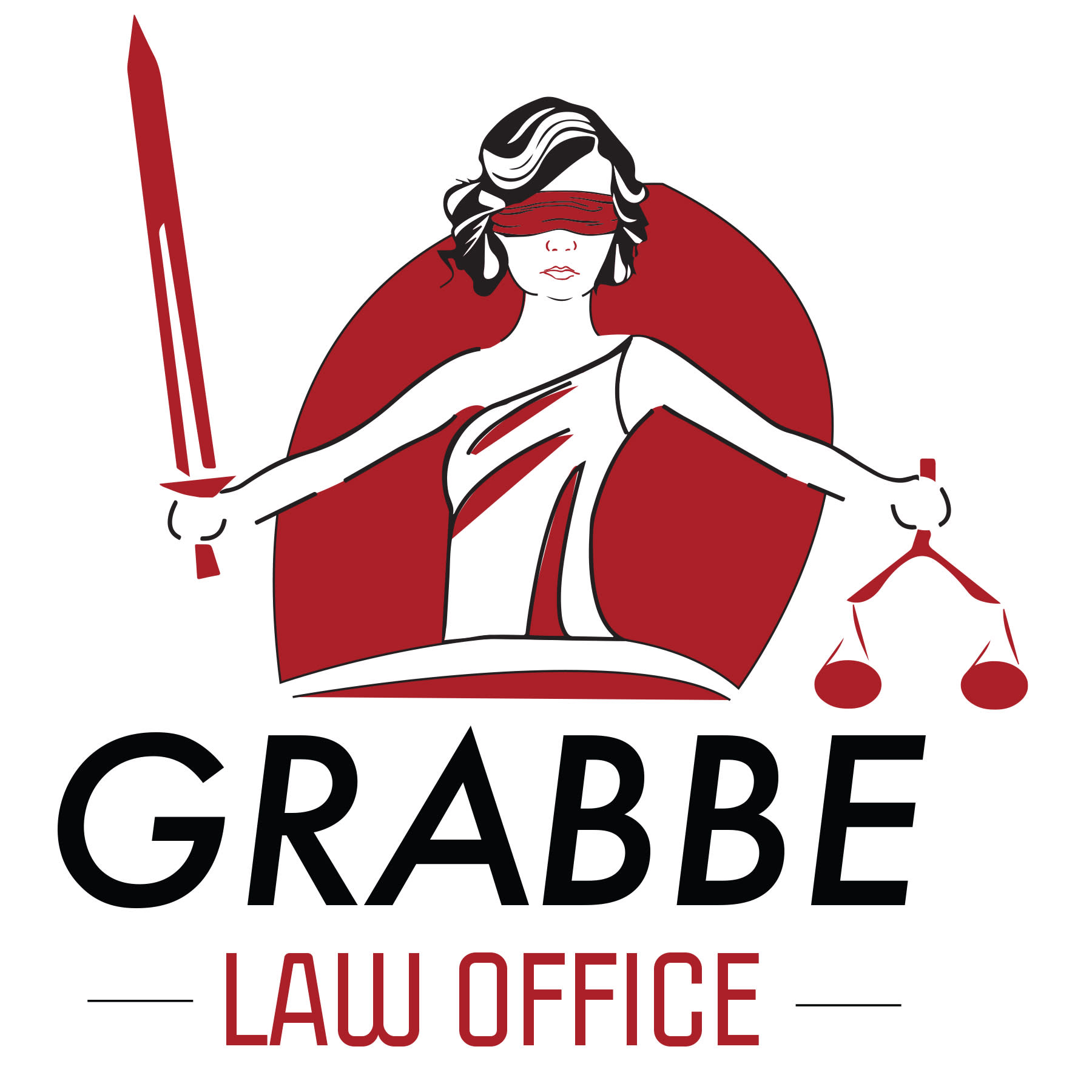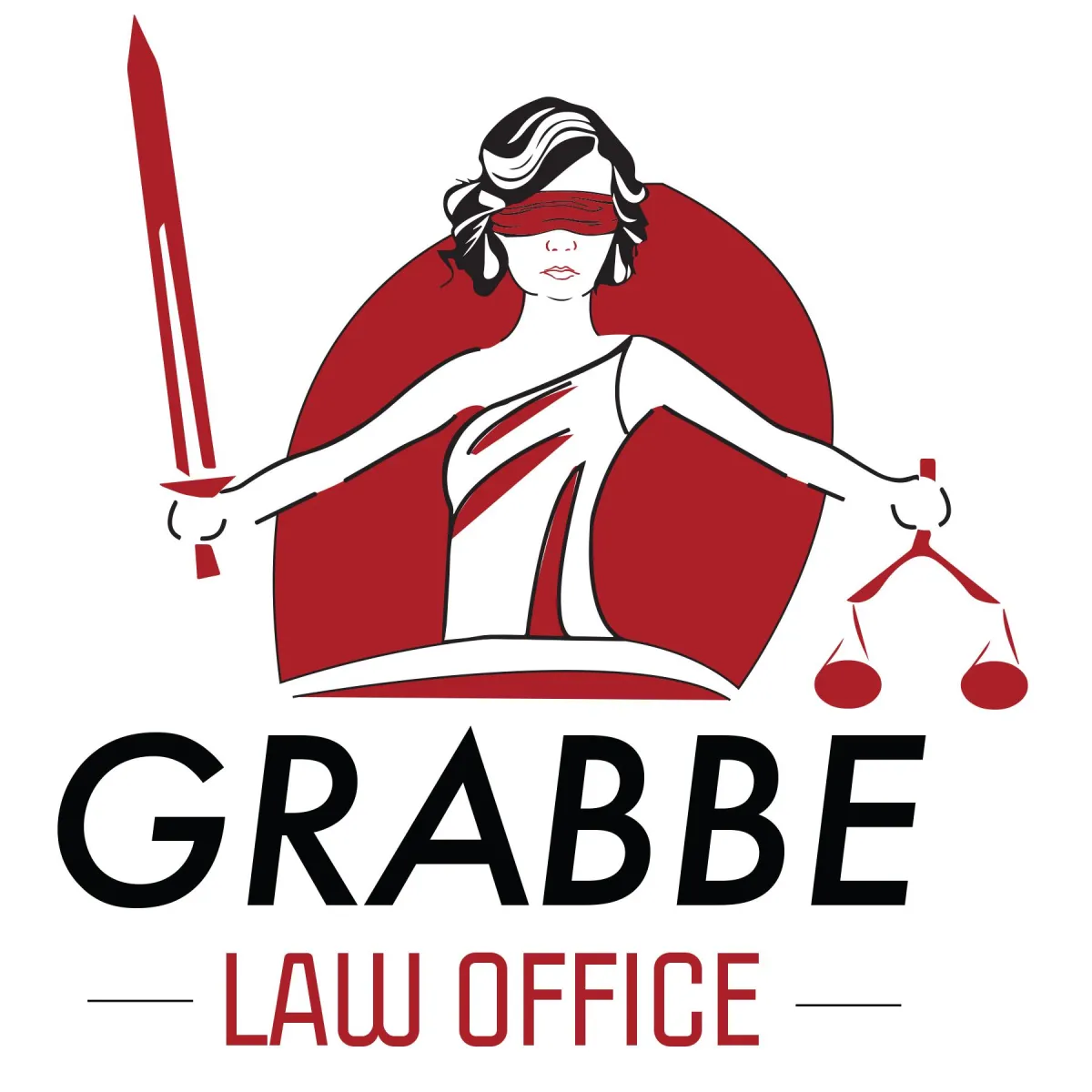THANK YOU
for submitting your form!
We will be in touch with you soon with your next steps.
In the meantime, follow us on social media
or check out our blog posts.

Can I Hire An IP Lawyer From Any State?
When it comes to intellectual property issues, a person can typically choose an attorney based in any state to get help with overcoming these problems. The reason for this is that many of the laws applying to trademarks, copyrights, trade secrets, and patents are federal, meaning they apply throughout the country, in contrast to most other practice areas, which commonly involve more state-specific laws. Learn whether an individual can hire an IP lawyer from any state, and find out how a Kansas intellectual property lawyer might aid businesses with their IP legal issues by booking a free 15-minute consultation with the Grabbe Law Office.
Understanding Intellectual Property
According to the National Institute of Standards and Technology (NIST), intellectual property refers to human intellect creations, such as the following:
● Musical, artistic, and literary works
● Inventions
● Computer software
● Technologies
● Industrial processes
● Production formulas
● Commercial designs, names, symbols, slogans, and images
What Does an IP Lawyer Do?
IP attorneys are legal professionals working in intellectual property law. Per the American Bar Association (ABA), only protected intellectual property keeps its value, so a crucial aspect of an IP attorney’s role involves navigating the rules about enforcing and securing the legal rights of business owners’ intangible creations. An intellectual property lawyer may focus on a specific area of IP law, such as trade secrets (safeguarding production methods and formulas), trademarks (protecting company names, logos, symbols, and slogans), copyrights (protecting the creative works of artists, photographers, writers, and musicians), or patents (safeguarding software, technologies, and inventions), or work in all of these areas.
While an intellectual property lawyer’s responsibilities can vary depending on where they work and their level of seniority, they typically have the following duties:
● Filing infringement lawsuits and negotiating settlements
● Drafting and reviewing key legal documents, such as those related to registering trademarks and patents
● Transferring IP ownership rights
● Liaising with patent and trademark offices
● Creating licensing agreements and contracts
● Providing advice to clients on intellectual property rights and the potential actions they can take to safeguard them
● Preparing for legal proceedings via interviews and research
● Representing clients during court hearings
Does Your Attorney Have To Be Local?
Clients often opt to work with IP attorneys physically located in other states. Even though attorneys are usually only able to practice in a state if they are admitted to that state’s bar, IP lawyers often deal with federal laws, a circumstance which in many cases enables them to represent clients nationwide. For instance, federal courts have exclusive jurisdiction over patents and copyrights in the United States, so an IP lawyer practicing in those areas could theoretically represent a client from anywhere in the country. Trademarks filed with the USPTO generally also fall under federal jurisdiction, while those filed with the Secretary of State’s office in the state where the trademark owner’s business is registered are more likely to require state-specific counsel. The jurisdiction of a trade secrets dispute may depend on a number of factors, but consulting with a local attorney may be a good first step.
Can a Lawyer From Kansas Represent You in Another State?
Generally, a Kansas IP attorney can represent a client based in another state in patent, copyright, and most trademark matters. The answer to “Can an out-of-state lawyer represent me in Kansas?” they typically can regarding many IP matters due to the applicability of federal laws. That said, the following factors may apply:
● Practice admission: For non-IP matters, the lawyer has to have admission to the state bar for the location where they plan to represent the client. Depending on a state’s legal procedures and rules, and the specifics of the intellectual property legal issue, obtaining pro hac vice admission (which refers to a temporary state bar admission that enables an out-of-state attorney to represent the client in that jurisdiction) might be necessary.
● State-specific considerations: If the legal issue is likely to lead to litigation and concerns state-specific regulations or laws that could impact the case, it might be worthwhile to consult with a local attorney who understands, and can offer insights into, these local customs, procedures, and rules.
Understand whether someone may hire an IP lawyer from any state, and discover how a seasoned Kansas intellectual property lawyer can assist business owners with their IP concerns by booking a free consultation with the Grabbe Law Office.
Where Do Most IP Lawyers Work?
Employers of intellectual property lawyers include these organizations:
● Law firms, ranging from small, local firms servicing a city to medium firms covering several cities within a state, and larger firms servicing the entire nation
● Government and non-governmental agencies
● Corporations
● Non-profit and international organizations
● Educational and research institutions
Why Hire an IP Lawyer?
The benefits of working with an IP lawyer depend partly on the area of IP law involved, and partly on the needs of the IP owner. Here is an overview of some of the most benefits of hiring an intellectual property lawyer, segregated by area of emphasis:
● Trade secret lawyer: An IP attorney focusing on trade secrets can offer trade secret legal expertise and advice on effective protection strategies, draft confidentiality and non-disclosure agreements, and provide legal advice concerning enforcement and misappropriation matters. They also provide sound court representation during trade secret disagreements, and they can advise on developing and introducing constructive trade secret organizational policies.
● Copyright attorney: Copyright lawyers can assist with negotiating effective licensing agreements, defending and enforcing copyright claims, and advising on how to successfully protect copyrights. A copyright attorney might also help with arranging and submitting copyright applications while offering expertise in registration procedures and copyright law.
● Patent attorney: Patent lawyers have expertise in patent procedures and patent law, allowing them to effectively advise on the patentability of inventions. They also aid with crafting patent applications, completing patent searches, assessing evidence of known inventions, and representing clients throughout the patent application process.
● Trademark lawyer: A trademark attorney has expert knowledge of trademark registration processes and trademark law, can conduct thorough trademark searches, and interpret these results to enable them to effectively advise on mark selection. Trademark lawyers also prepare and file mark applications and can assist with maintaining trademark registrations.
Contact a Kansas IP Lawyer Today
Hiring an intellectual property law attorney from another state can enable a business owner to access more comprehensive IP legal services. Thanks to remote communication innovations, it is possible to seek the assistance of experts in all matters of IP enforcement and protection, whether it concerns trade secrets, patents, copyrights, or trademarks, regardless of location. Gain a more comprehensive answer to “Can I hire an IP lawyer from any state?” and explore the legal options available to IP owners by arranging a free 15-minute consultation with a Kansas intellectual property lawyer from the Grabbe Law Office.








